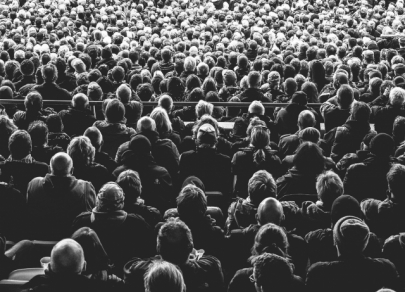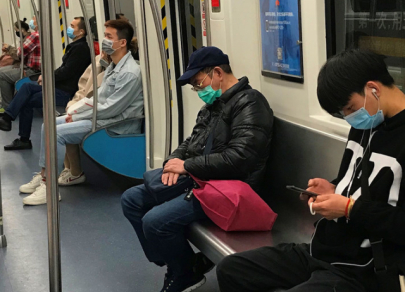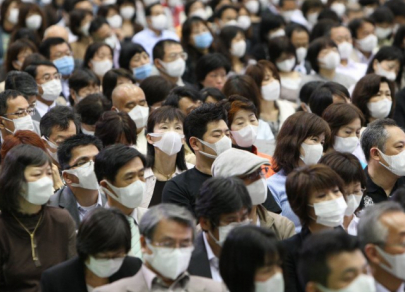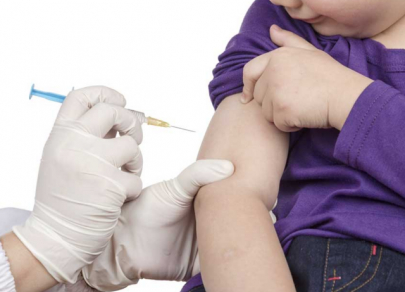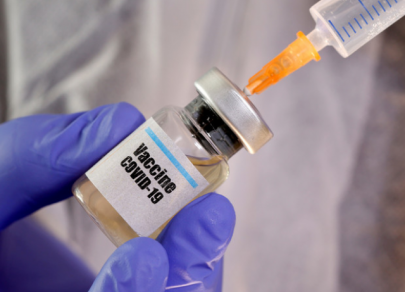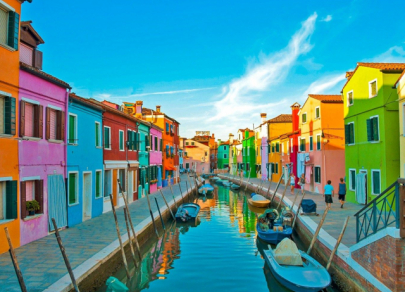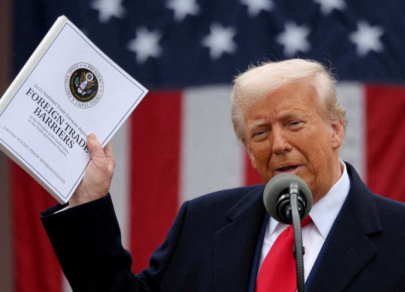
Trump hits pause, not stop: which tariffs remain in force
Last week, US President Donald Trump announced a 90-day suspension of several trade tariffs, sparking a wave of optimism across financial markets. Investors interpreted the move as a potential sign of softening trade policy. However, the celebration may be premature. A significant portion of the tariffs remains in place and could continue to weigh on business activity and market sentiment. Let's break down which tariffs are still in place.






